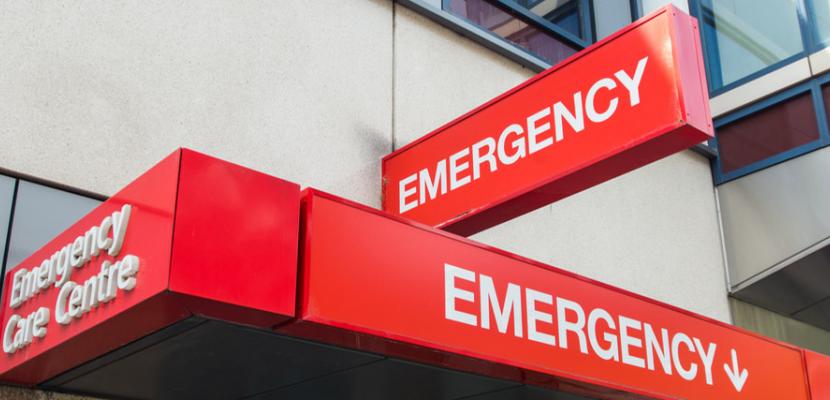
Image: Shutterstock Images
A systematic review of more than 80 scientific studies from around the world has found a pandemic-induced median reduction of 37 per cent in the use of healthcare services, such as visits to emergency departments.
Published in BMJ Open, the review summarised 81 studies from the first four months of the COVID-19 pandemic and found similar reductions across all forms of healthcare, from hospital visits to diagnostic tests and treatments.
The review also found that in many cases, the reductions in the use of healthcare were greater for those with milder conditions, such as for example visits to emergency departments for abdominal pain for example.
One study included in the review, from children’s emergency departments in Northern Italy, found “most of the non-relevant pathologies usually seen at our EDs have been avoided”, thus freeing resources to “provide critical services to patients suffering from medical emergencies in a timely manner”.
A global team from Canada, Sweden and Australia conducted the large review, including from the Australian Commission on Safety and Quality in Healthcare and Health Consumers Queensland.
The systematic review was led from Bond University’s Institute for Evidence-Based Healthcare, which is directed by Professor Paul Glasziou.
“These reductions in necessary care for cancer or cardiac disease for example are extremely worrying and require action” says Professor Glasziou, “but any decrease in unnecessary care will reduce harm and waste, and may present an opportunity for system reform.”
The BMJ Open paper concludes that: “While addressing unmet need remains a priority, studies of health impacts of reductions may help health systems reduce unnecessary care in the post-pandemic recovery.”
The findings are similar to those published by the NSW Agency for Clinical Innovation in December, which also expressed concern about people missing needed care, but noted that falls in low-value care could be beneficial.
Using the example of a big drop in tonsillectomies, the report noted that: “In the case of low-value procedures, the COVID-19 pandemic presents an opportunity to revisit and potentially prevent the resumption of such activities.”
“Our review has important limitations outlined in our BMJ Open paper,” says lead author Dr Ray Moynihan, Assistant Professor at Bond’s Institute for Evidence-Based Healthcare, “and most notably it only covers the first four months of the pandemic.
“But there is a clear opportunity here to learn more about how to tackle unnecessary care, and free resources for unmet need.”

